U.S. sanctions two Indian nationals, online pharmacy over counterfeit fentanyl
The Office of Foreign Assets Control (OFAC) named Sadiq Abbas Habib Sayyed and Khizar Mohammad Iqbal Shaikh for their roles in what officials described as a vast operation that pushed hundreds of thousands of tainted pills into American communities.
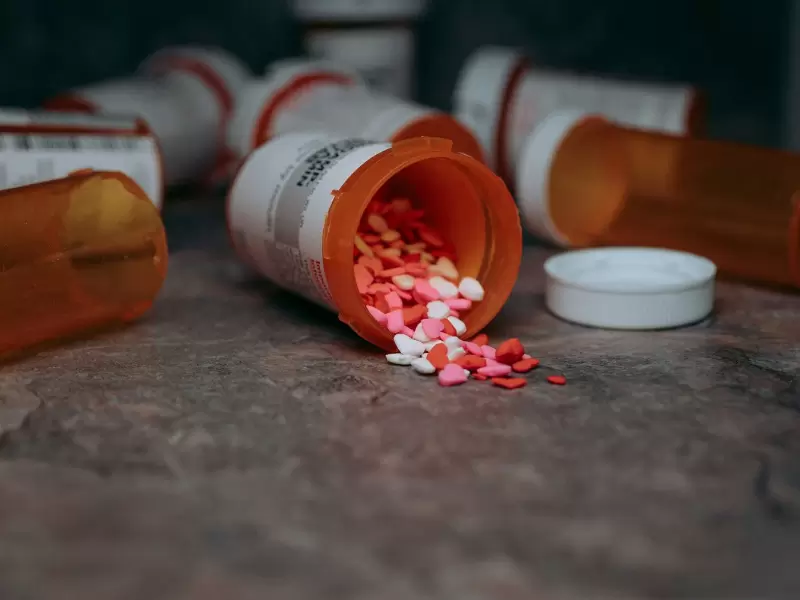 Representative Image / Unsplash
Representative Image / Unsplash
The Treasury Department on Sept. 24 sanctioned two Indian nationals and an India-based online pharmacy accused of supplying counterfeit prescription pills laced with fentanyl and other illicit drugs to victims across the United States, calling the move part of its effort to “Make America Fentanyl Free”.
The Office of Foreign Assets Control (OFAC) named Sadiq Abbas Habib Sayyed and Khizar Mohammad Iqbal Shaikh for their roles in what officials described as a vast operation that pushed hundreds of thousands of tainted pills into American communities.
Also read: India looking beyond US for pharma exports amid tariff tensions
Shaikh’s business, KS International Traders — also known as KS Pharmacy — was simultaneously sanctioned for serving as the conduit of the trafficking scheme.
“Too many families have been torn apart by fentanyl. Today, we are acting to hold accountable those who profit from this poison,” said John K. Hurley, Treasury’s under secretary for terrorism and financial intelligence. “Treasury will continue to advance President Trump’s commitment to Make America Fentanyl Free by targeting drug traffickers.”
Fentanyl remains the leading driver of the synthetic opioid crisis that has claimed hundreds of thousands of American lives, officials said.
Opioid overdose is the leading cause of death for Americans aged 18 to 45. The sanctions, issued under Executive Order 14059, underscore the Biden-era framework with India to counter drug trafficking and improve global supply chains, which the Trump administration has now carried forward.
In a 2024 indictment from the Southern District of New York, prosecutors accused Sayyed and Shaikh of marketing pills on encrypted platforms as discounted pharmaceuticals. Instead, authorities allege, the tablets were spiked with fentanyl, fentanyl analogues, and methamphetamine. Both men worked with traffickers in the Dominican Republic and the United States to distribute the drugs nationwide.
Shaikh, according to officials, continued to operate KS International Traders even after being indicted last year. Treasury released a screenshot of the company’s website showing drug sales months after the Justice Department had unveiled the charges.
Role of Online Pharmacies
Treasury highlighted how illegal pharmacies, some based in India, have become global players in the fentanyl trade. These sites mimic legitimate operations, selling pills that resemble name-brand medications such as Oxycodone, Adderall and Xanax. Buyers, thinking they are making safe purchases, instead receive counterfeit products laced with deadly substances.
The DEA, in an October 2024 warning, noted a surge in illegal online pharmacies shipping fentanyl- and methamphetamine-laced pills into the United States.
Officials said Mexican cartels also purchase precursor chemicals from such suppliers for their clandestine labs.
The sanctions mean that all property and interests belonging to Sayyed, Shaikh, and KS International Traders that fall under U.S. jurisdiction are now blocked. U.S. persons are barred from engaging in transactions with them without explicit authorization from OFACG.
Violations carry steep consequences. Treasury noted that sanctions breaches can result in civil or criminal penalties on both U.S. and foreign persons, including financial institutions that facilitate restricted transactions.




 Lalit K Jha (5WH)
Lalit K Jha (5WH)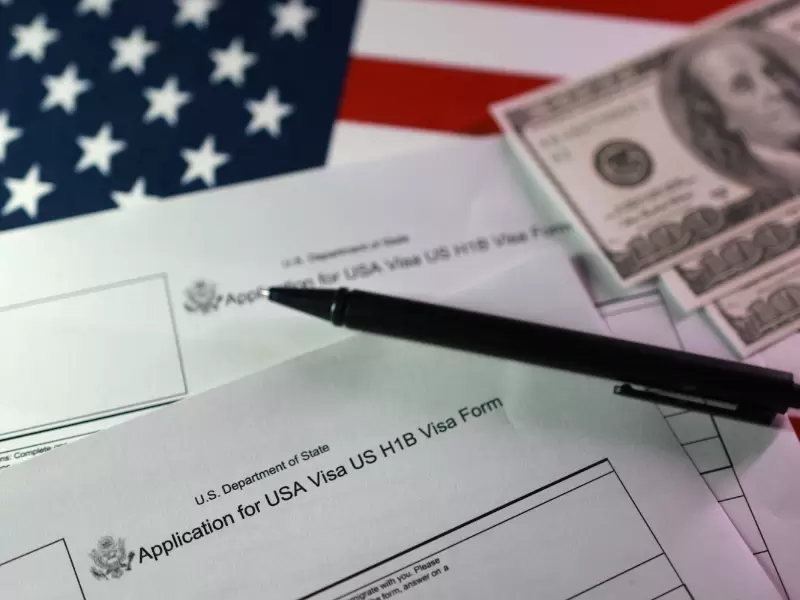




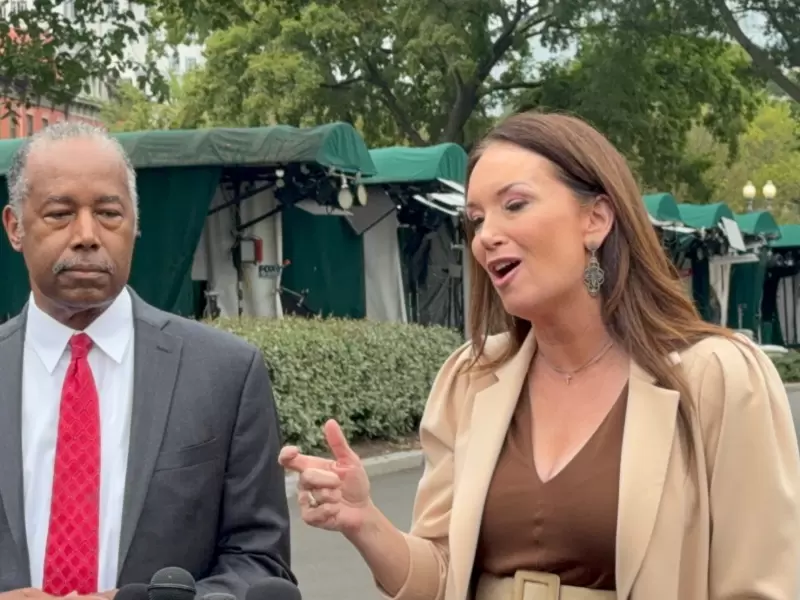

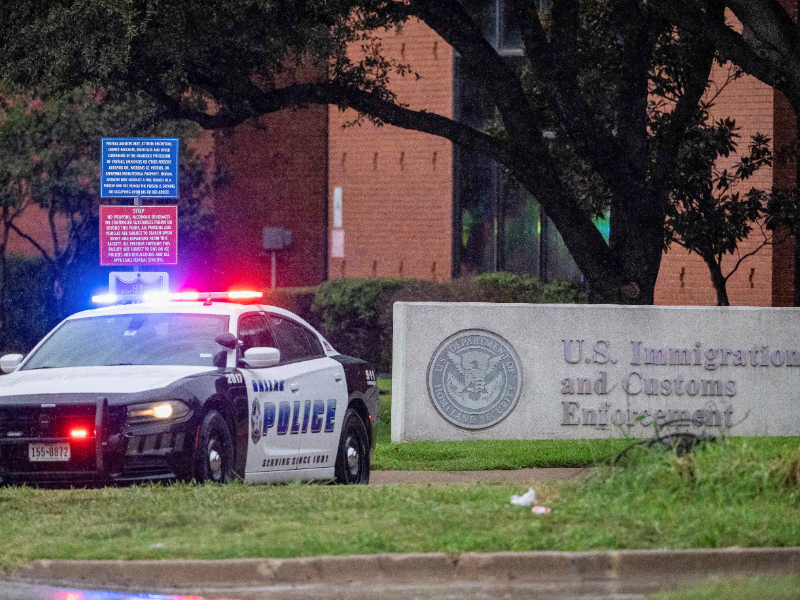
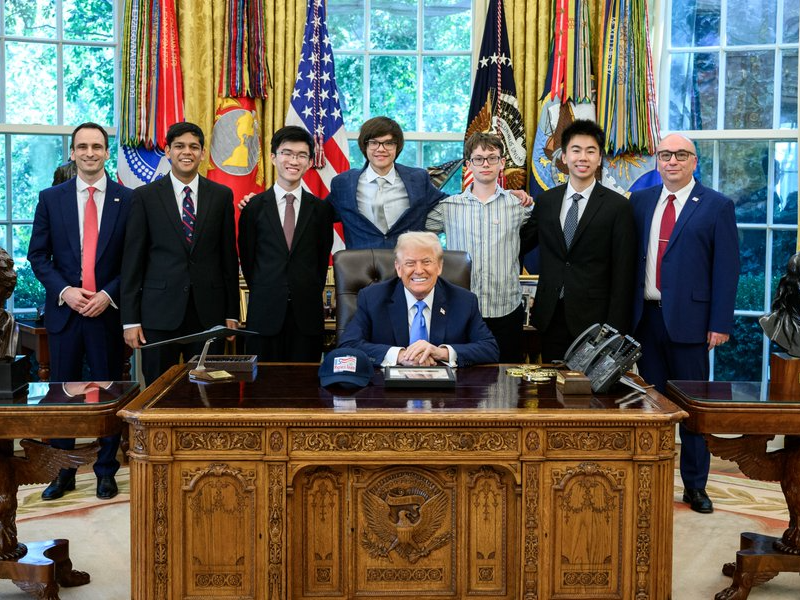


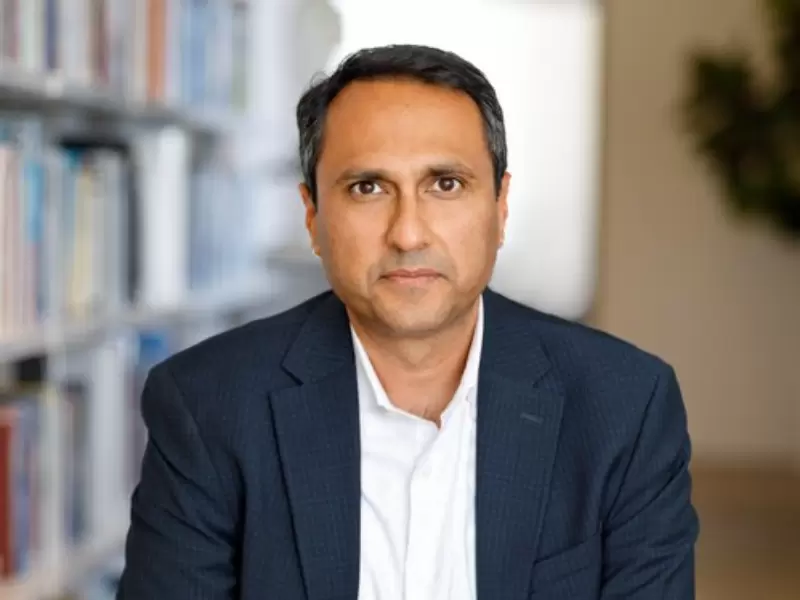





Comments
Start the conversation
Become a member of New India Abroad to start commenting.
Sign Up Now
Already have an account? Login